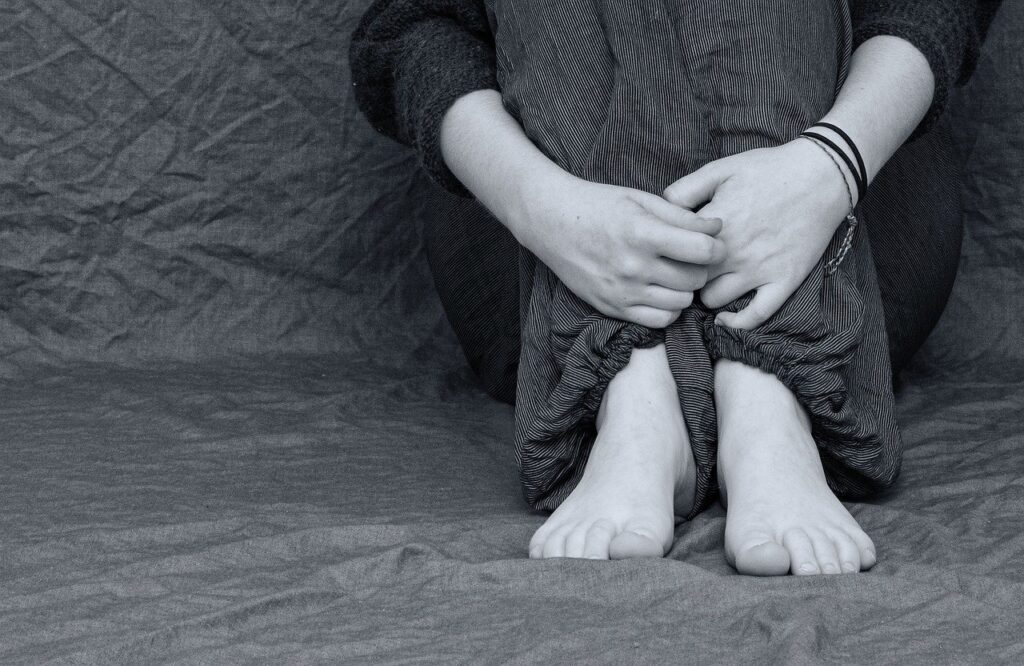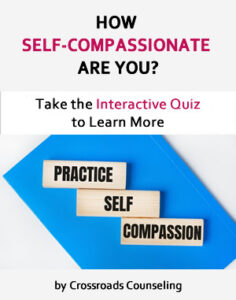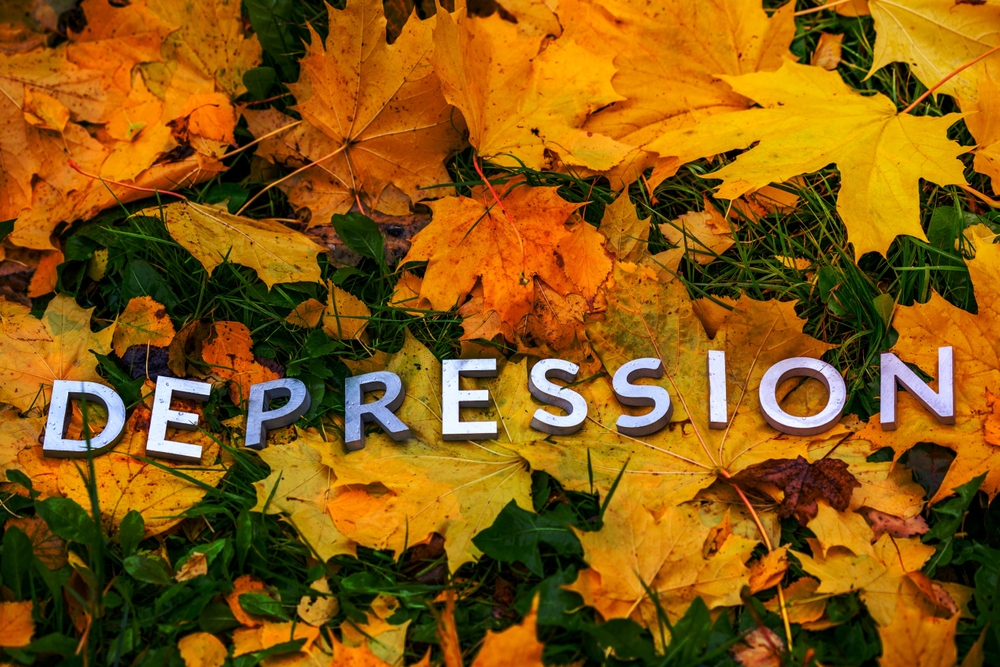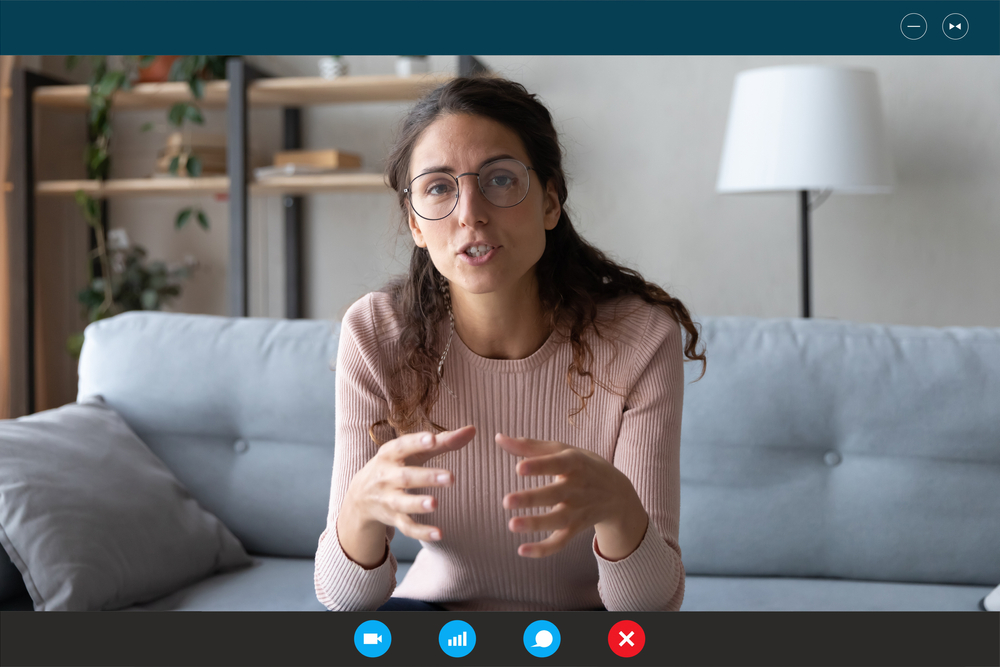Many people think children don’t get depressed. Thus, problems arise when early depression goes unnoticed or is written off as “growing pains” as adolescent moodiness.
The truth is that millions of children experience depression each year. Worse, those feelings of sadness, hopelessness, or changes in their mood can become a way of life. Too often, they are exacerbated by unproductive or unhealthy means of finding relief.

What Does Childhood Depression Look Like?
Perhaps you aren’t sure whether you experienced depression as a child. To be clear, children exhibit many of the same symptoms as adults. You may have been depressed if you persistently or chronically experienced the following symptoms:
- Anger
- Crankiness
- Persistent sadness
- Deep fear of rejection
- Social withdrawal
- Sudden or unpredictable outbursts
- Feelings of worthlessness
- Physical pain that treatment doesn’t help
- Trouble participating in general life activities (e.g. school, extracurricular activities)
This list is not exhaustive. It merely represents some symptoms that a young person experiencing depression may exhibit.
The Cumulative Effects of Untreated Depression Can be Dire
You can likely imagine how untreated depression in one’s childhood can hurt you as an adult. Without proper treatment, your quality of life diminishes. You may lose the ability to pursue your goals at your most optimal levels physically, mentally, and emotionally.
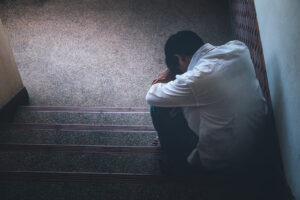
- Anxiety disorders: depression is often experienced with anxiety. Without treatment, the cycle of agitation and low moods can continue.
- Substance abuse: untreated childhood depression can lead to unhealthy and unproductive coping strategies like substance abuse. Substances may be used to numb the emptiness, sadness, or pain.
- Poor health: With depression, a person’s body might increase the number of stress hormones, which is connected to health struggles such as heart disease and autoimmune disorders.
- Social withdrawal: feelings of sadness associated with a long history of low moods and low self-esteem can cause you to withdraw from friends, family, and loved ones.
- Criminality: Depression in your youth can include symptoms like irritability or aggression. Over the years, this may turn outward and manifest as rage, negative behavior, and abuse.
- Diminished educational and professional achievement: Emotional pain can manifest as a lack of focus, consistency, and other characteristics that move you toward your goals in life.
Early Intervention is Key But All is Not Lost Without It
Detecting depression early in a child can prevent symptoms from developing into long-term issues and give them a stronger emotional foundation as they grow up.
One way to spot childhood depression more accurately and at an earlier stage is for responsible adults to stay engaged in a child’s life curiously and without judgment. This way, they can engage often and observe any signs of depression, despite what the child shares.

Take the Next Step
The goal? To recover, stay present, and learn the tools you need to thrive. The most important first move is to seek help from a therapist or counselor that specializes in treating depression and depressive disorders such as major depression, seasonal affective disorder, bipolar depression, and dysthymia. With proper treatment, you can live a more fulfilling and emotionally balanced life for years to come. If you would like to know how a Crossroad’s depression therapist can help you navigate and communicate your struggle with depression and its fallout, please visit our depression treatment page for more information or click here to take our depression quiz.
Begin Depression Treatment in Scottsdale, Phoenix, and online in all of Arizona
You don’t have to struggle with the pain of past depression. Our team of caring therapists would be honored to support you in taking the next step to address your depression symptoms. We have offices throughout the Valley of the Sun including Phoenix, Anthem, Scottsdale and online. Start your therapy journey with Crossroads Counseling, please follow these simple steps:
- Contact Crossroads Counseling for a complimentary 20-minute phone consult
- Meet with a depression therapist
- Start addressing the symptoms affecting you most
Our offices are located throughout the valley with counseling centers located in Phoenix, Anthem, and Scottsdale. Call us at 623-680-3486,text 623-688-5115, or email info@crossroadsfcc.com. We offer a complimentary 20-minute phone consultation to answer your questions and better understand how we can help you.
